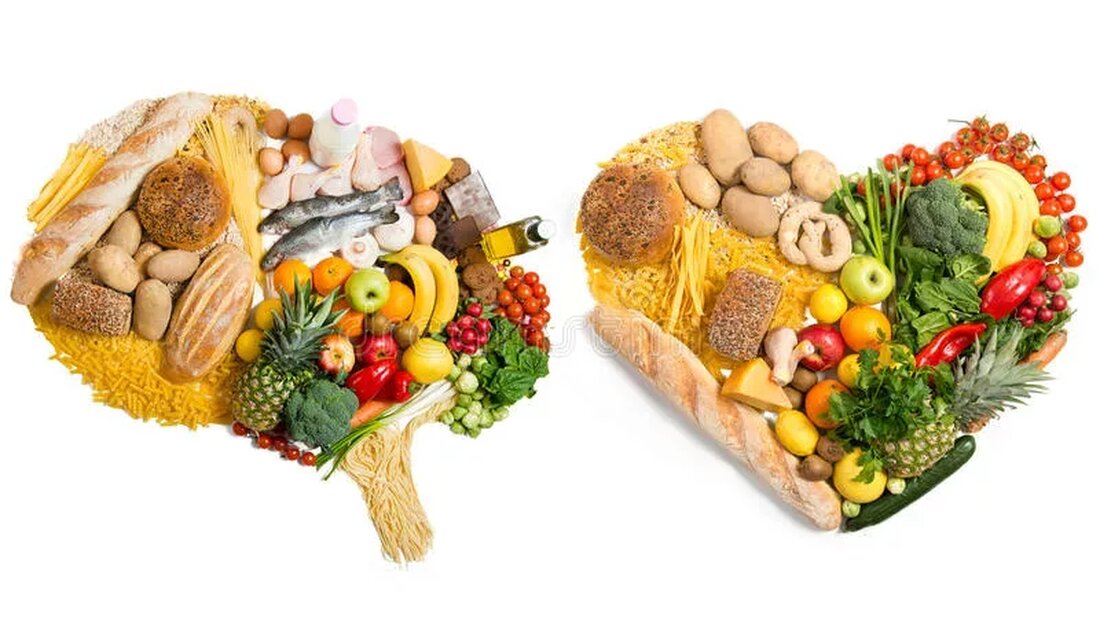Brain food - the naturopathic kitchen + recipe
If asked, many people would take the opportunity to remember better in their older years. “Cognitive impairment” is common and can include memory loss, problems learning new things, difficulty concentrating, and challenges with decision-making. The patient's presentation can range from very mild to more severe dementia-type symptoms, and long-term, severe cases can result in loss of independence. More than 16 million Americans are cognitively impaired, and this number is estimated to increase significantly as the Baby Boomer generation ages past 65 years. In addition to age, genetics, diabetes, high blood pressure, obesity and other risk factors for cognitive...

Brain food - the naturopathic kitchen + recipe
If asked, many people would take the opportunity to remember better in their older years. “Cognitive impairment” is common and can include memory loss, problems learning new things, difficulty concentrating, and challenges with decision-making. The patient's presentation can range from very mild to more severe dementia-type symptoms, and long-term, severe cases can result in loss of independence.
More than 16 million Americans are cognitively impaired, and this number is estimated to increase significantly as the Baby Boomer generation ages past 65 years. In addition to age, genetics, diabetes, high blood pressure, obesity and other risk factors for cognitive impairment include lifestyle factors such as smoking, lack of exercise and limited social activity. ((link removed))
What if something could be done to preserve and protect brain function? What if that was something at the end of your fork?
Most of us are aware of the effects that overindulgence in fast food, packaged foods and refined sugar can have on our bodies, but are less aware of what we eat should. Here are theResources to learn about the health benefits of culinary herbs and foods. When it comes to brain health and maintaining important brain functions such as memory, cognition and concentration, the food we eat can play a big role in supporting short- and long-term brain function. The brain requires a lot of energy to function optimally and uses about 20% of the calories we eat each day to operate. The choices we make in the foods we consume every day can have a big impact on the structure and health of our brain. ((link removed))
Some of the key plant-based foods to include in a brain-boosting diet include:
Nuts and seeds
Nuts are low in saturated fats but higher in monounsaturated and polyunsaturated fats. Research has shown that higher consumption of nuts is associated with better aging brain function. Nuts and seeds are also rich in antioxidant powerhouses like vitamin E (found in higher amounts in sunflower seeds, almonds and hazelnuts). Studies have confirmed the important role of vitamin E in protecting the central nervous system as well as cognitive performance related to learning, memory and emotional response. ((Link removed), (Link removed))
Nuts and seeds are also important sources of minerals such as selenium (particularly rich in Brazil nuts), zinc (found in pumpkin seeds) and many others. Selenium is linked to motor performance, coordination, memory and cognition. ((link removed))
Berries
Strawberries, blueberries, raspberries and blackberries are rich in antioxidants. In addition, berries contain high levels of flavonoids called anthocyanidins (the compounds responsible for the dark blues, purples, and reds associated with various fruits), which cross the blood-brain barrier, where they concentrate on areas of learning and memory. Blueberries have been shown to improve memory, such as word recall, in as little as 12 weeks. ((Link removed), (Link removed))
Greens
Most people will probably be able to tell you that green vegetables are good for you, but fewer may be able to explain why they are good for the brain! Greens like kale, chard, spinach, bok choy, and broccoli are rich in vitamins and nutrients, many of which have a notable impact on brain structure and function. Green vegetables are a good source of vitamin K. While vitamin K is best known for its role in blood clotting, research has shown that it also plays an emerging role in brain health. Vitamin K is involved in the production of a specific type of fat molecule called sphingolipid, which is part of the cell membrane of all nerve cells in the brain. Other protein-based biomolecules that depend on vitamin K are also being discovered. These molecules play a number of roles in cellular communication as well as the growth and survival of nerve cells and specialized glial cells, which are responsible for supporting and insulating surrounding neurons. New data also points to K-Vitamer-Menaquinone-4 (MK-4) as a defense against oxidative stress and inflammation. ((Link removed), (Link removed), (Link removed))
Dark chocolate
Believe it or not, chocolate contains many compounds that are important for biological activity. Dark chocolate is a particularly rich source of antioxidants. The brain is highly susceptible to oxidative stress, which increases with aging and is considered the main cause of the degenerative breakdown of nerve cells. Adequate antioxidant support is critical to maintaining brain health and function. Dark chocolate is a particularly rich source of antioxidants and can be uniquely helpful here too. Research shows that consuming dark chocolate made from at least 70% cacao can improve brain plasticity, which is crucial for learning, and may also provide other brain-related benefits. Further research suggests that the flavonoids found in chocolate may promote the growth of neurons and blood vessels in areas of the brain involved in memory and learning, as well as stimulating blood flow in the brain. ((link removed))
Let’s try a brain-healthy recipe!
bars
Ingredients
1 1⁄4 cups oatmeal
3⁄4 cup chopped, pitted dates
3⁄4 cup walnut halves
1⁄3 cup dried cranberries or dried cherries
1⁄4 cup peeled pumpkin seeds
3 tbsp flax seeds
1⁄4 tsp salt
1⁄3 cup unsalted almond butter or cashew butter
1⁄4 cup honey
Zest of 1 medium orange
1⁄3 cup dark chocolate chips
preparation
Place the oats, dates and walnuts in a blender and mix until the contents break down into smaller pieces. Add cranberries or cherries, pumpkin seeds, flax seeds and salt.
Add almond or cashew butter, honey, and orange zest and mix until mixture is completely moist and sticks together when squeezed between your fingers. If the mixture is too crumbly, mix in some additional honey. Then add chocolate chips.
Divide the mixture among 12 lightly greased or paper-lined standard-sized muffin cups, pressing down firmly to seal in the contents. Place the tray in the freezer for about 30 minutes to firm up the shapes. Unmold the cups and store them in an airtight container in the refrigerator.

 Suche
Suche
 Mein Konto
Mein Konto
